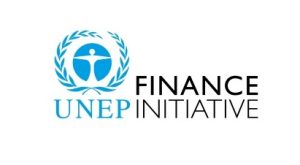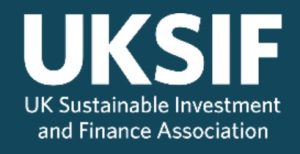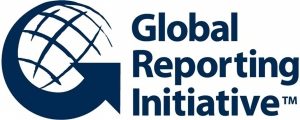Climate Standard Exposure Draft
The Chinese Ministry of Finance releases corporate sustainability disclosure standards climate standard exposure draft, aimed at providing guidance for companies to disclose information on climate risks, opportunities, and impacts.
The climate standard exposure draft released this time is based on the basic principles of corporate sustainable disclosure guidelines. In May 2024, the Ministry of Finance released a draft of the basic guidelines for soliciting opinions, and in December 2024, a trial version of the basic guidelines was released.
Related Post: China Releases Pilot Version of Corporate Sustainability Disclosure Standards General Standards
Introduction to Climate Standard Exposure Draft
China plans to release basic guidelines for corporate sustainable disclosure, climate related disclosure guidelines, and application guidelines by 2027, and establish a system of sustainable disclosure guidelines by 2030. The climate standard exposure draft is a specific guideline that requires disclosure of climate information. In the future, the Ministry of Finance will also issue application guidelines to provide explanations and examples for climate disclosure.
The climate standard exposure draft suggests that corporate climate disclosure can provide information to investors, creditors, governments, and other stakeholders, which is like the concept of financial report users proposed by the International Sustainability Standards Board (ISSB) in IFRS S1 and IFRS S2. At the same time, the exposure draft believes that climate information should be reasonable and evidence-based and can be obtained without excessive cost or effort.
The climate disclosure in the draft climate guidelines includes governance, strategy, risk and opportunity management, as well as indicators and targets. These titles are like IFRS S2 and refer to the framework developed by the Taskforce on Climate-related Financial Disclosures (TCFD). In terms of wording, IFRS S2 uses risk management, while the exposure draft use risk and opportunity management. In actual disclosure, IFRS S2 also requires companies to disclose climate related opportunities. Therefore, they are only different from words.
The Ministry of Finance plans to solicit opinions from market participants before June 2025 and develop guidelines for corporate sustainability disclosure standards climate standard in several high carbon emission industries.
Climate Standard Exposure Draft and IFRS S2
In terms of governance, strategy, risk and opportunity management, as well as indicators and targets, the draft refers to most of the content in IFRS S2, such as carbon emission classification (Scope 1, Scope 2 and Scope 3), financing emissions, and carbon credits. In terms of ESG assurance, the draft for soliciting opinions encourages companies to hire third-party certification agencies to audit climate information, which is consistent with IFRS S2.
In April 2025, ISSB released a revised draft of IFRS S2, proposing modifications to financial institution financing emissions, greenhouse gas measurement methods, and the application of Global Warming Potential (GWP). The issues planned for soliciting opinions in the exposure draft are closely related to the revised IFRS S2 draft, such as:
- The climate standard exposure draft requires companies to use the national carbon emission accounting standards, and before the accounting standards are released, companies should consider referring to the Greenhouse Gas Protocol (GHG Protocol) for accounting. The revised draft of IFRS S2 proposes that if the jurisdiction on where the enterprise is located requires the use of a non-greenhouse gas accounting system, information on the reasons and accounting methods should be disclosed.
- The draft for soliciting opinions requires financial institutions to disclose their financing emissions and consider developing separate application guidelines for financing emissions in the future. The revised draft of IFRS S2 suggests that companies can use various industry classification standards, including the Global Industry Classification Standard (GICS), to classify their counterparties.
Reference:
Corporate Sustainability Disclosure Standards 1 Climate Standard





